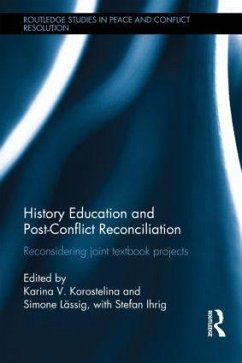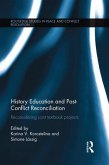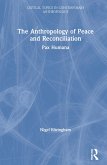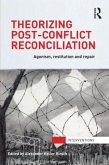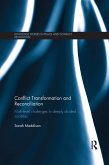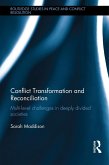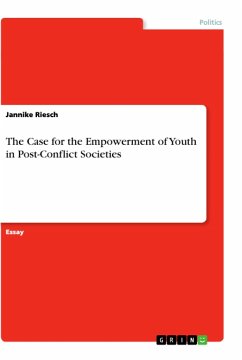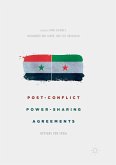This book analyses the role of history education in conflict and post-conflict societies, describing common history textbook projects in Europe, the Balkans, the Caucasus, the Far East and the Middle East. Ever since the emergence of the modern school system and the implementation of compulsory education, textbooks have been seen as privileged media. The knowledge they convey is relatively persistent and moreover highly selective: every textbook author must choose and omit, condense, structure, reduce, and generalize information. Within this context, history textbooks are often at the centre of interest. There are unquestionably significant differences regarding homogeneity or plurality of interpretations when concepts of history education are compared internationally. This volume conducts a comparative analysis of common history projects in different countries and provides conceptual frameworks and methodological tools for enhancing the roles of these projects in the processes of conflict prevention and resolution. This book is timely, as issues of history education in conflict and post-conflict societies are becoming more popular with the increased realisation that unresolved disagreements about historical narratives can, and often do, lead to renewed conflict or even violence. This book will be of interest to students of peace studies and conflict resolution, political science, history, sociology, anthropology, social psychology, and international relations in general.
Hinweis: Dieser Artikel kann nur an eine deutsche Lieferadresse ausgeliefert werden.
Hinweis: Dieser Artikel kann nur an eine deutsche Lieferadresse ausgeliefert werden.

